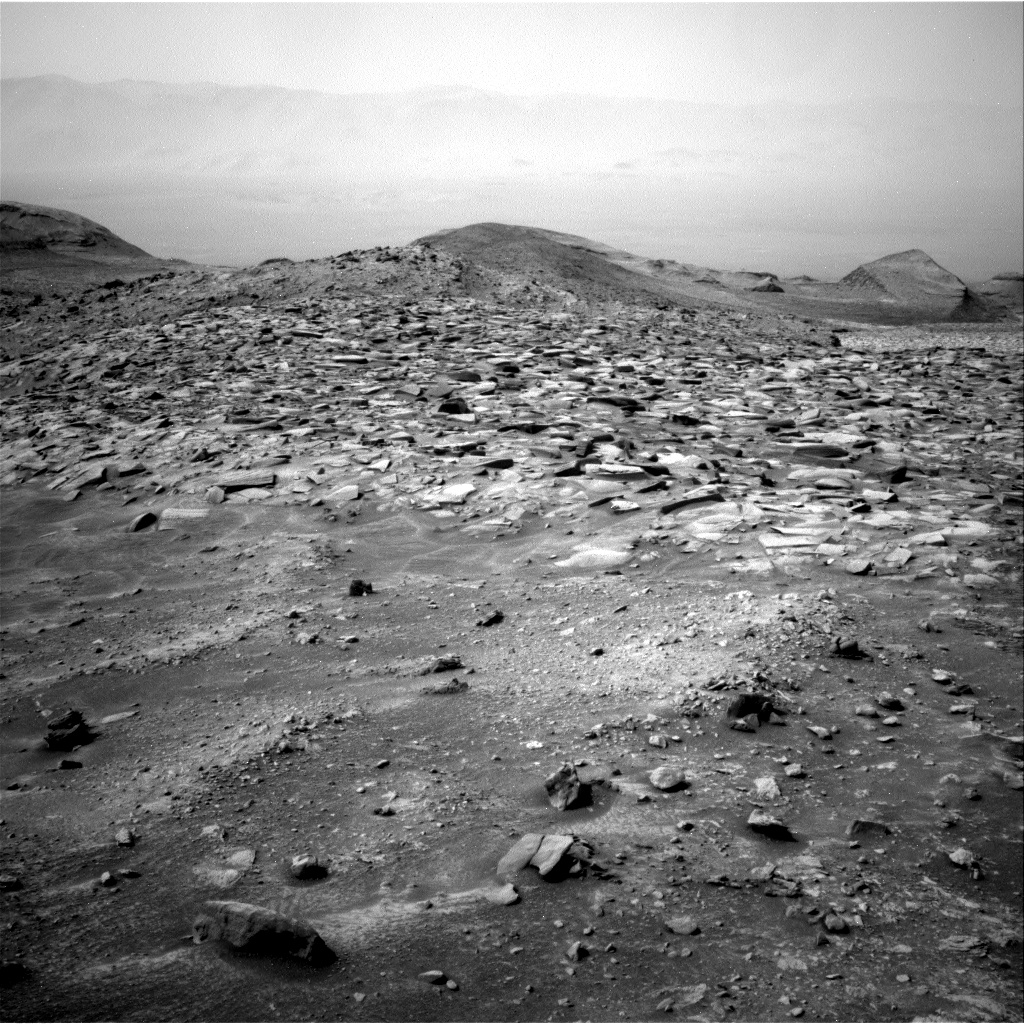2 min read
Sols 4195-4198: Feels Like Summer 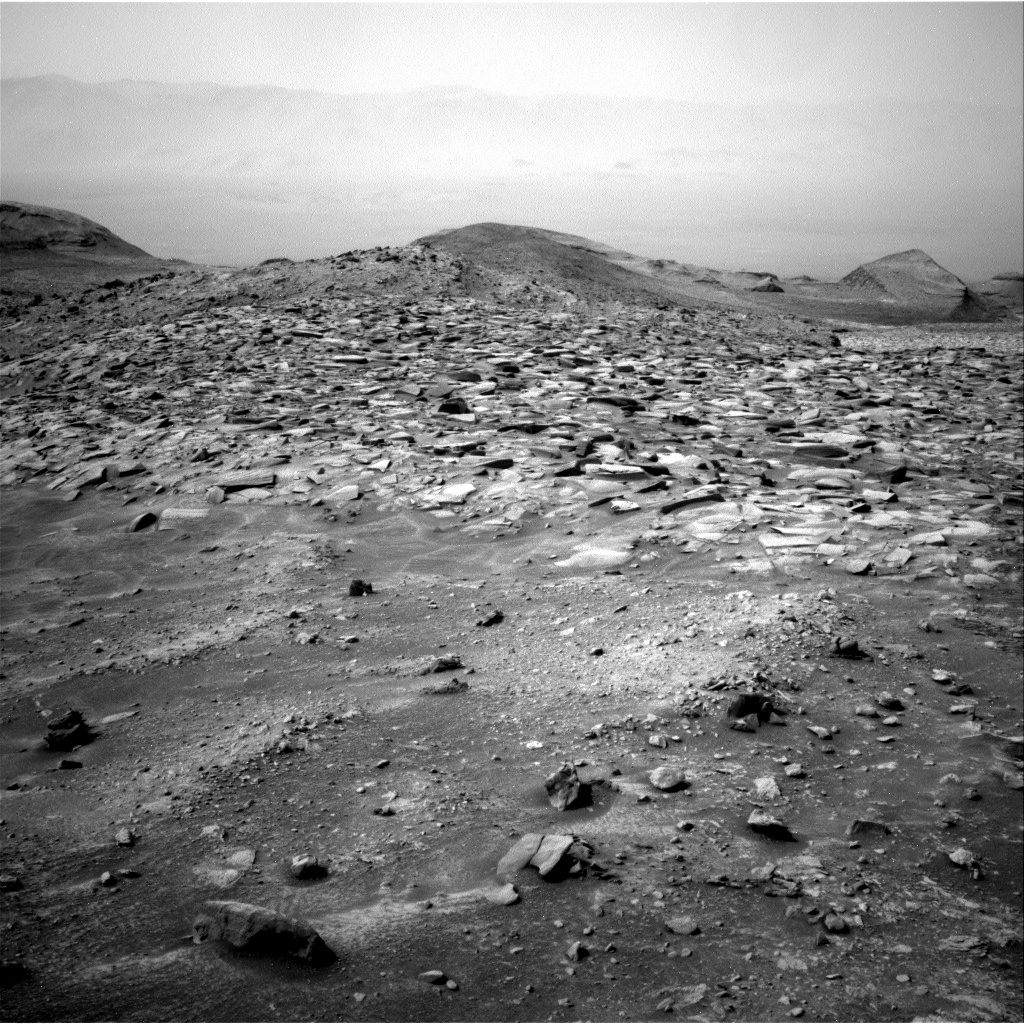 Navcam Right image of Fascination Turret to the north from sol 4193 NASA/JPL-Caltech Earth planning date: Friday, May 24, 2024
Navcam Right image of Fascination Turret to the north from sol 4193 NASA/JPL-Caltech Earth planning date: Friday, May 24, 2024
The first sol of this weekend includes an extremely long, 6-hour DAN activity to measure the amount of hydrogen near the surface, in parallel with a standard midday remote science block including: ChemCam LIBS on a smooth, dark rock named “Shadow Lake,” an RMI 7-frame mosaic of the Gediz Vallis ridge base, and two small Mastcam mosaics to document the rock diversity in this area. Since we have so much power to play with, we’re actually staying awake until beginning a custom afternoon Mastcam imaging block to capture the low-sun-angle lighting on Kukenan butte and Milestone Peak ridge in front of us. Should be a butte-iful view.
On the second sol, it’s time to stretch the old arm! After another standard midday block with more ChemCam and Mastcam remote sensing, the arm will get ready for a full evening of contact science on the workspace blocks we have reachable. There’s no DRT-able rocks here, so MAHLI has two dusty targets named “Second Lake” and “Josephine Lake,” the latter of which will include a 5-frame MAHLI mosaic on the dusty layers. APXS finishes off the evening with two integrations on both Josephine Lake and Second Lake.
The third sol includes one last midday remote sensing block and an hour-long drive, which is proving tricky to plan. There’s sand, spikey rocks, float rocks, you name it we’re driving over it. If we make it all 38.41 meters, we’ll have crossed a major transition in the bedrock and gotten closer to the white stones to the west. I don’t camp much these days, but if I could go anywhere this holiday weekend it’d be where Curiosity is! Except, you know, the radioactive power source…A fourth sol is included this weekend since Curiosity is on a California holiday schedule, but we make it easy on ourselves by using it as a “REMS-only” sol where the only measurements come from REMS (our local Gale weather station). Enjoy the holiday, US-based earthlings!
Written by Natalie Moore, Mission Operations Specialist at Malin Space Science Systems
Details Last Updated May 28, 2024 Related Terms Blogs
Keep Exploring Discover More Topics From NASA Mars
Mars is no place for the faint-hearted. It’s dry, rocky, and bitter cold. The fourth planet from the Sun, Mars…
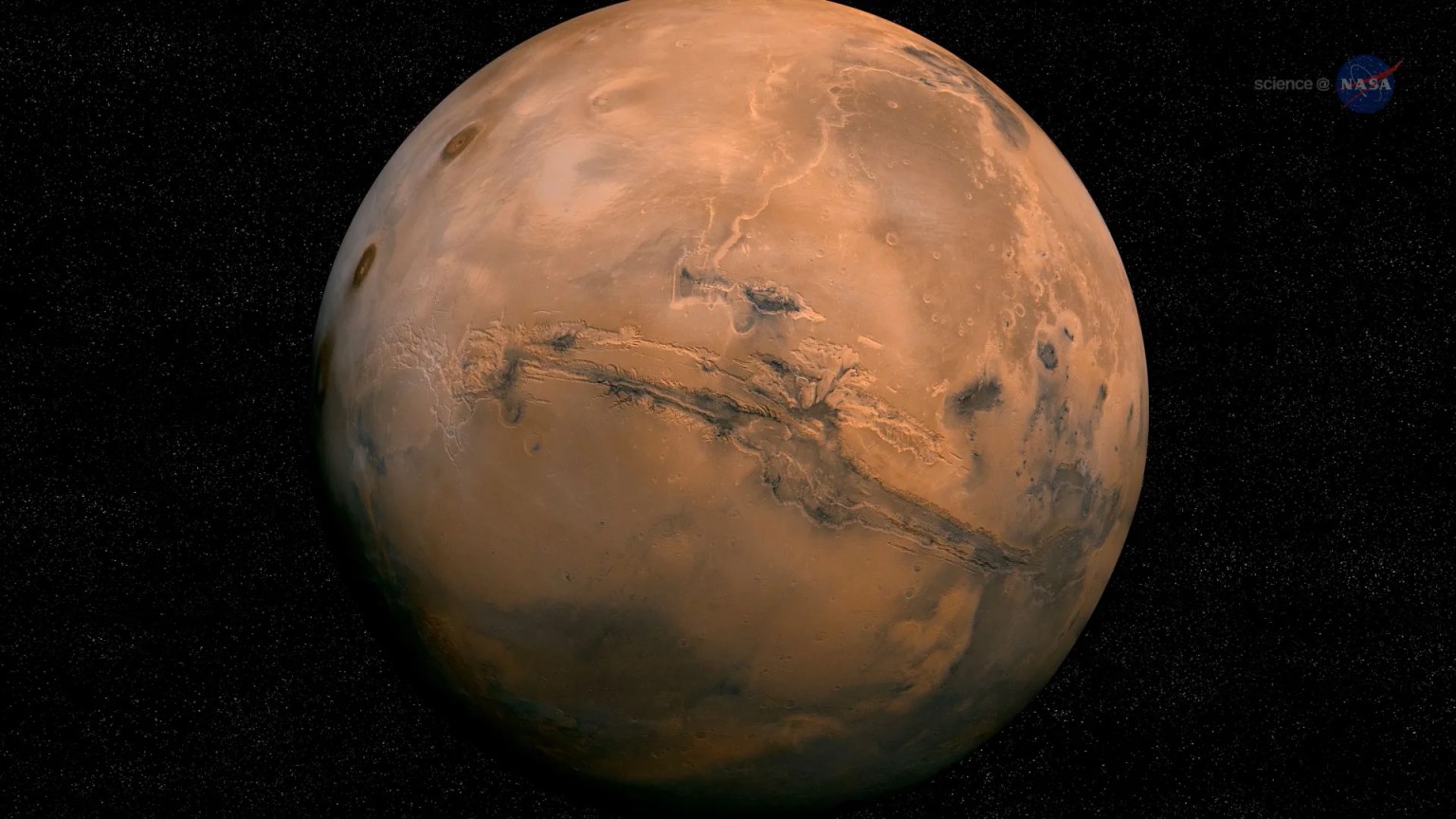
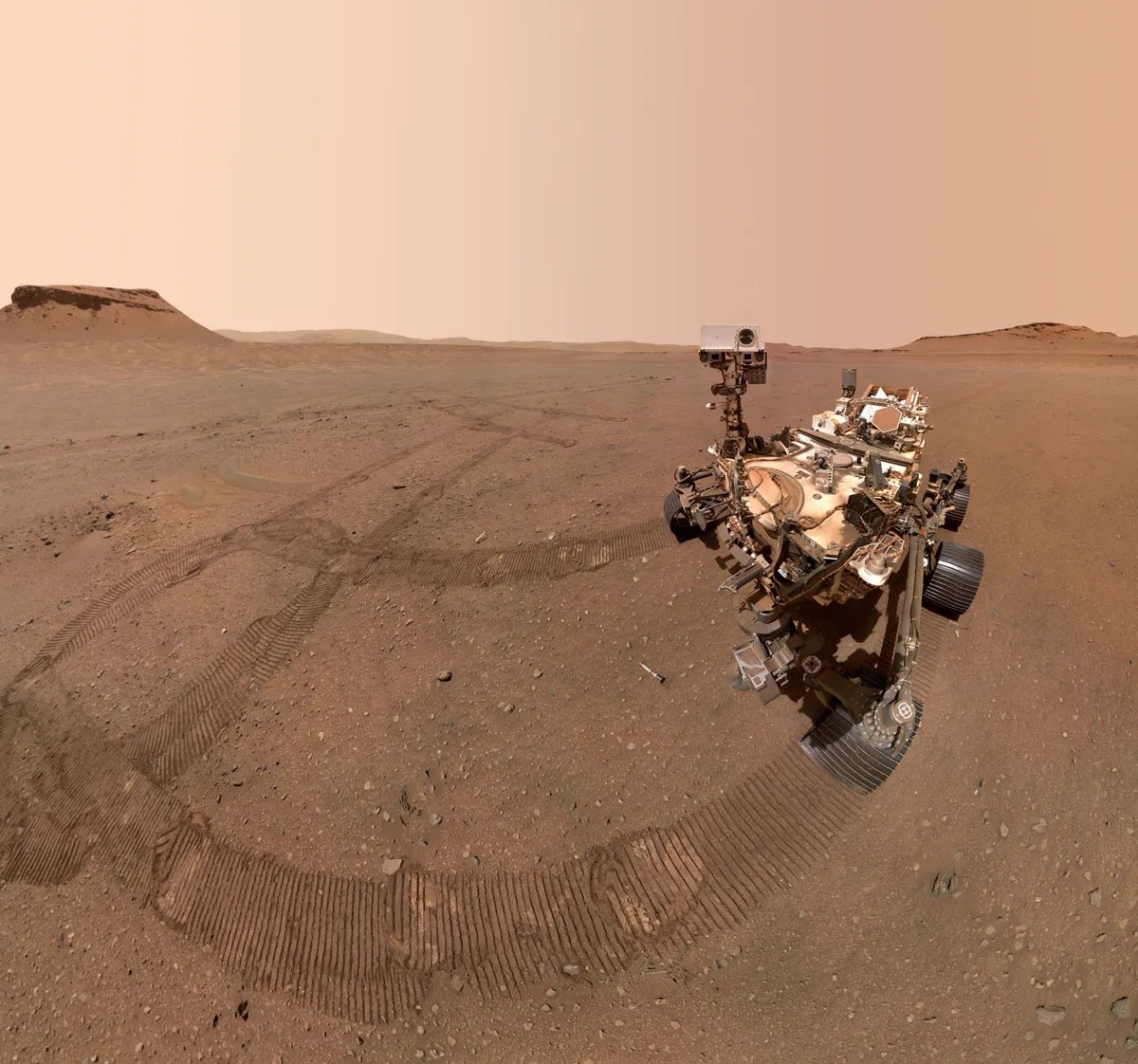
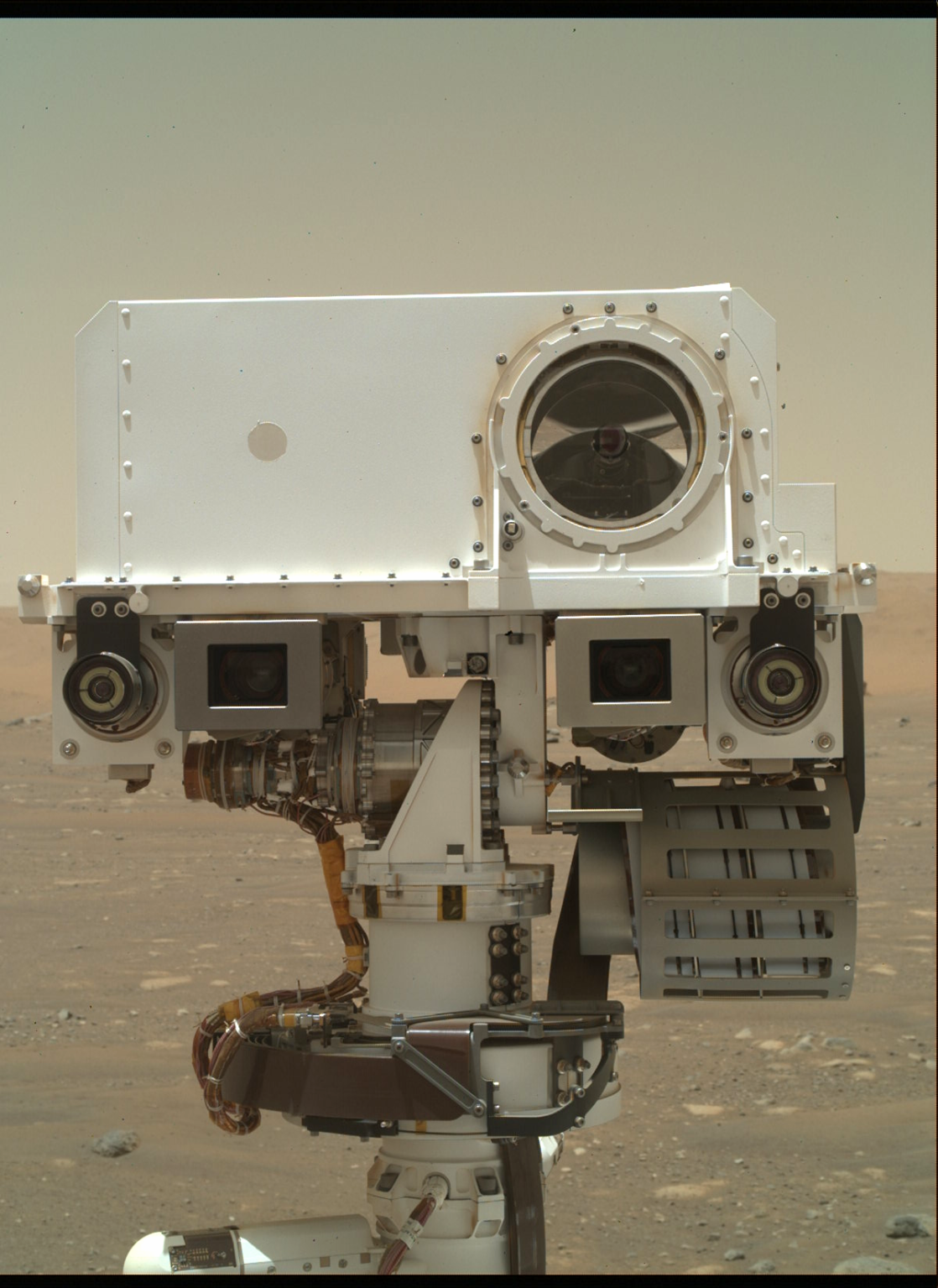
Mars Exploration Science Goals
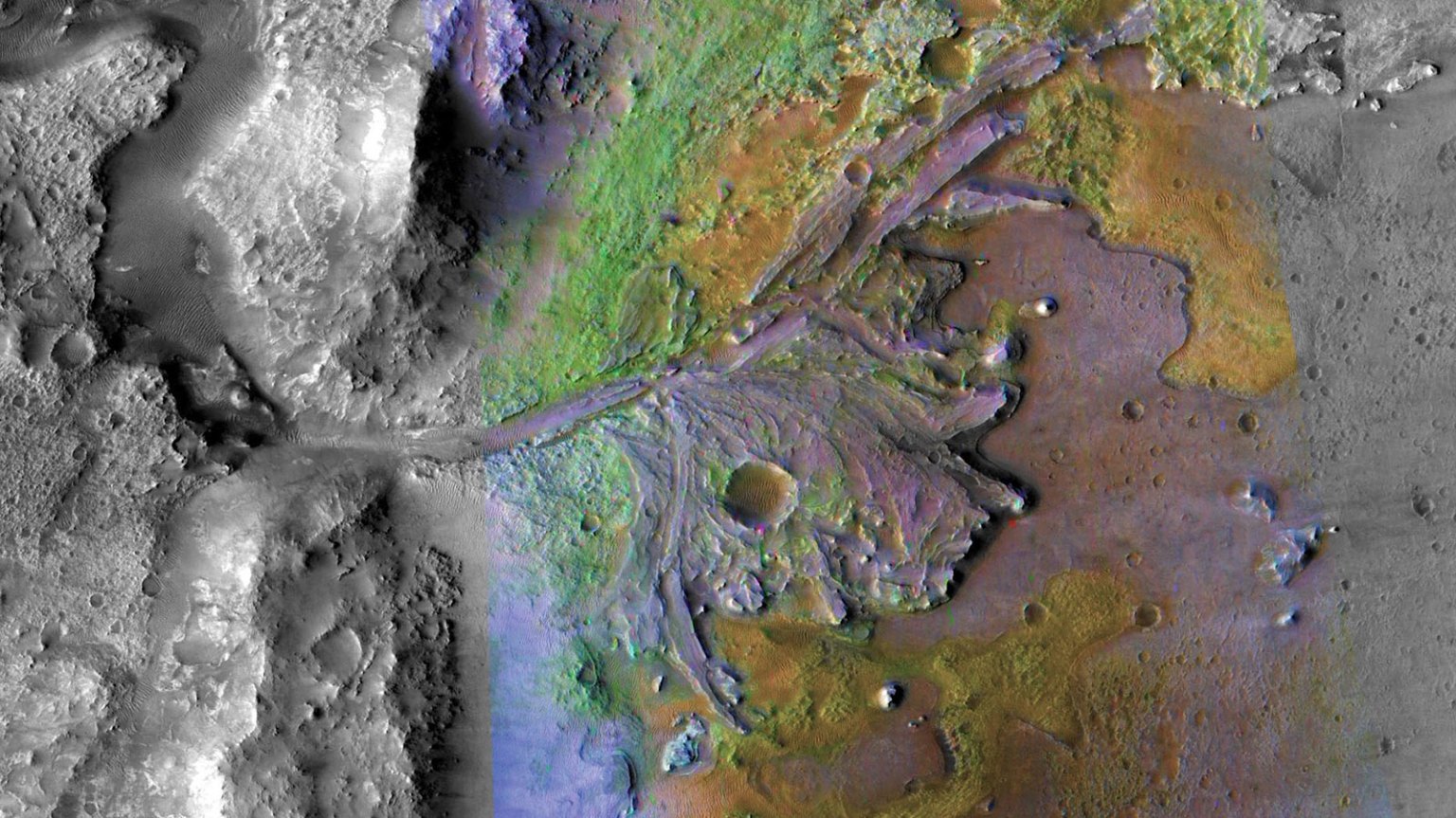

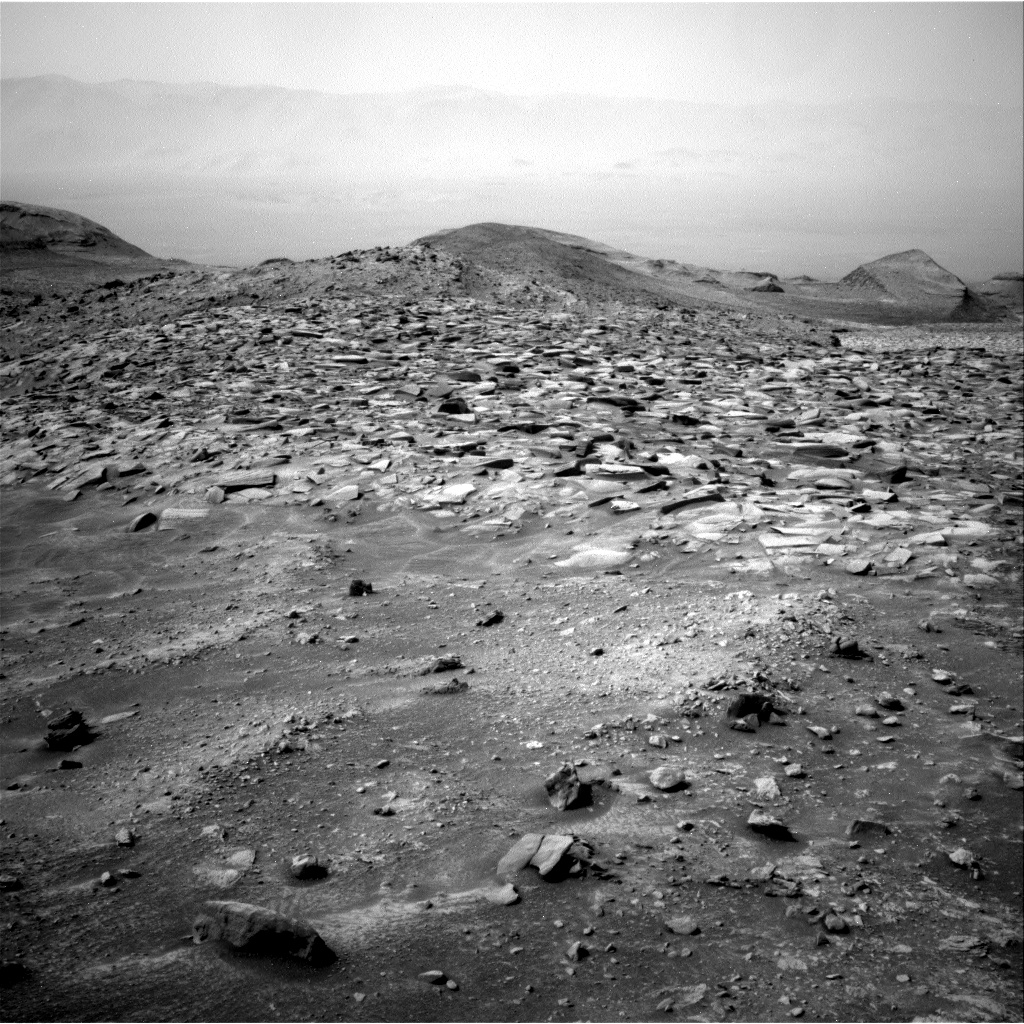
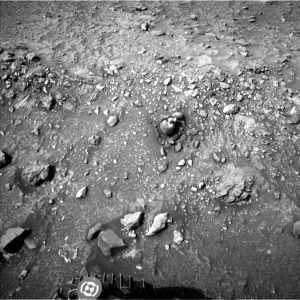 4 min read Sols 4193-4194: Stay Overnight? No, Touch-and-Go!
4 min read Sols 4193-4194: Stay Overnight? No, Touch-and-Go!
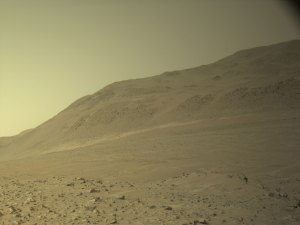 2 min read Sols 1151-1152: Rocky Roads in the Margin Unit
2 min read Sols 1151-1152: Rocky Roads in the Margin Unit
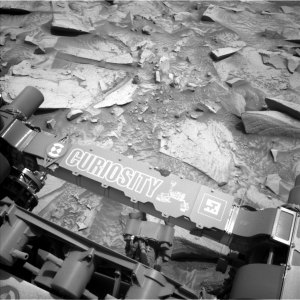 2 min read Sols 4191-4192: Communication
2 min read Sols 4191-4192: Communication
